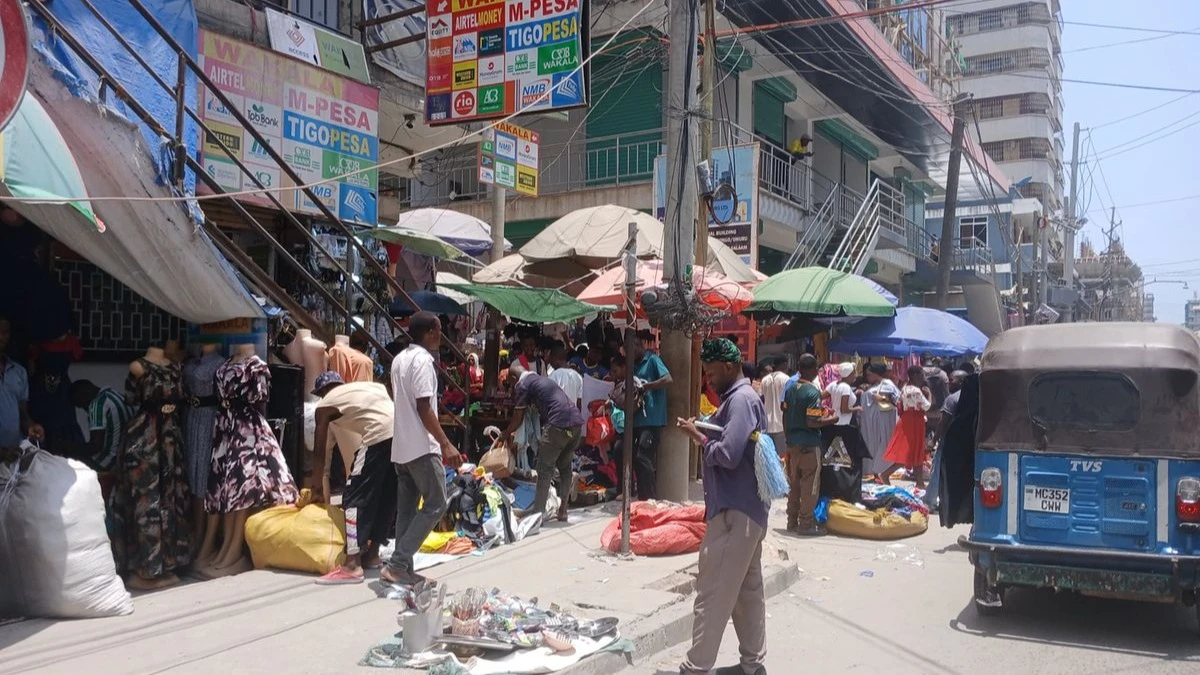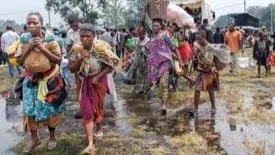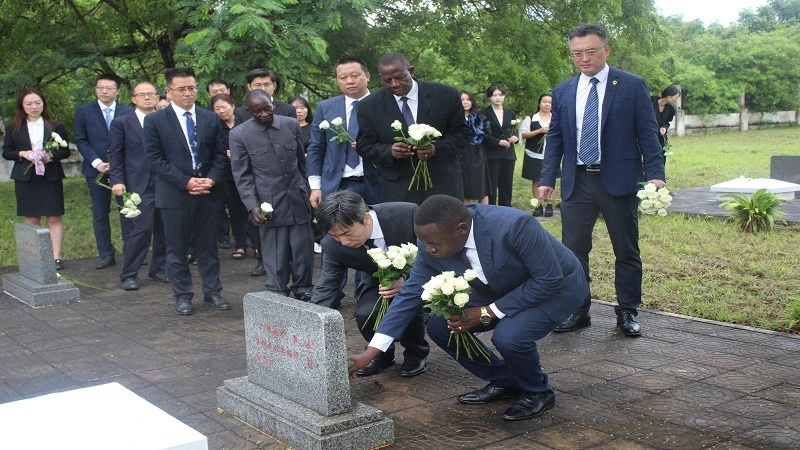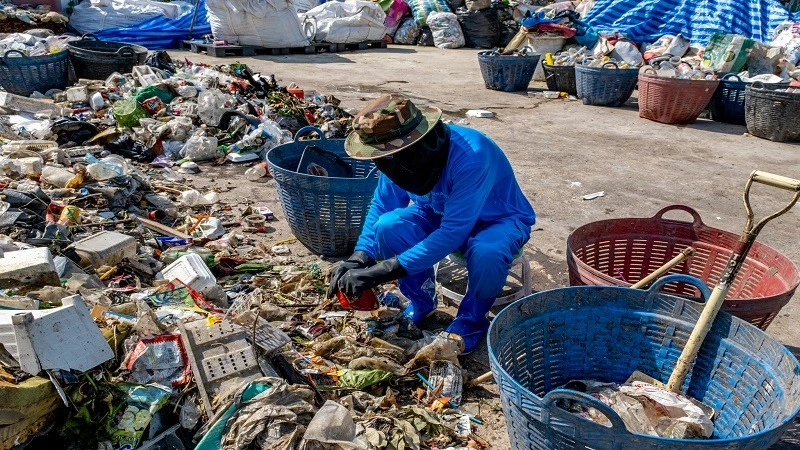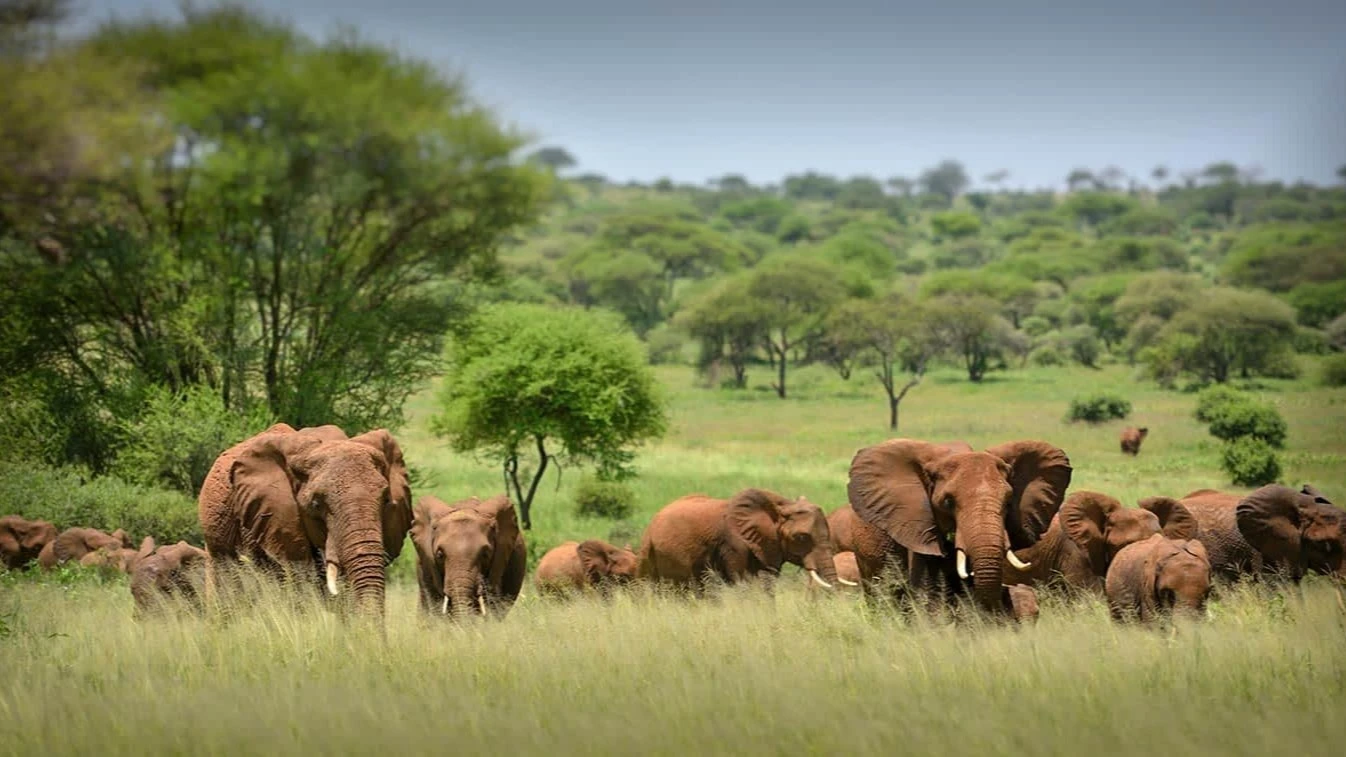Tanzania likely to beat the crisis trend next financial year, again
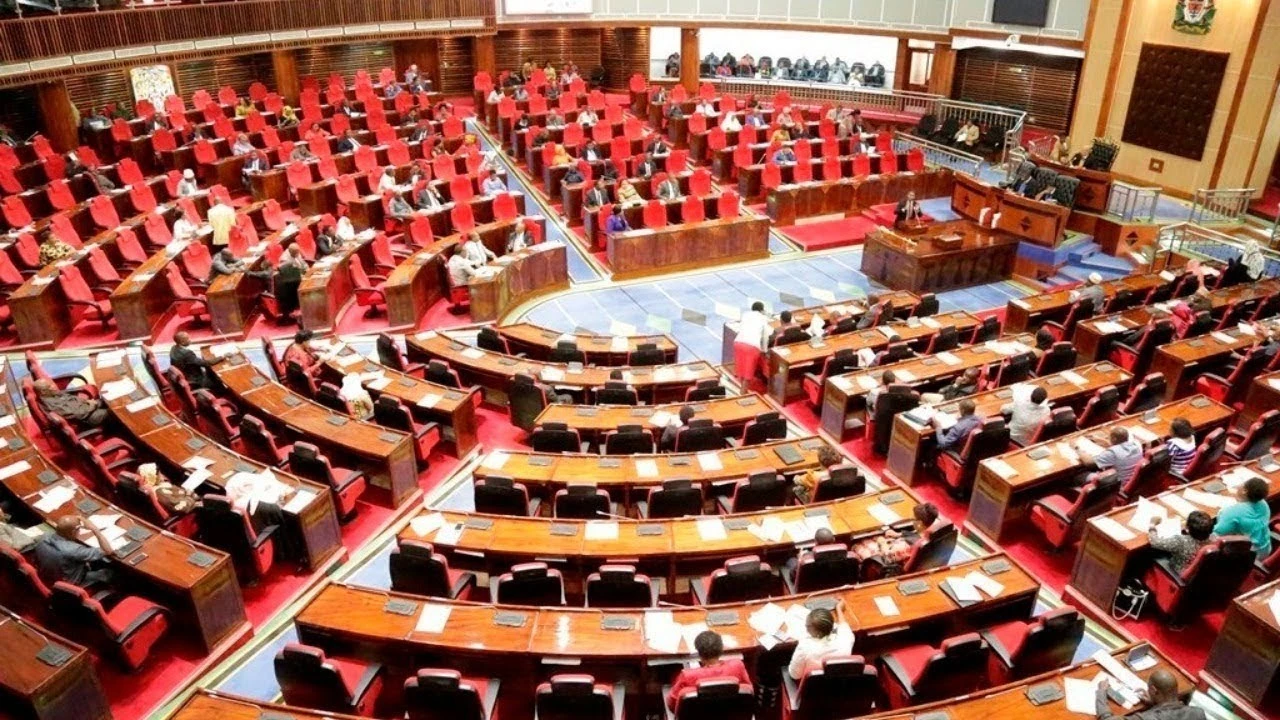
LEGISLATORS were poised to hear Budget limits for 2025/2026 in a special session of the National Assembly, as part of procedural changes to avoid last minute surprises and withdrawals of a shilling that used to occur a bit frequently in past Budget sessions. The change in procedure absorbs many of the major concerns of MPs in relation to areas of sectors that they represent, directly or indirectly, in how they figure in the development plan in particular. Assurances of a recurrent sort are equally important but have a wider representation among specific MPs as well.
A wide section of the public may have started to forget that there was a 900bn/- boost to Budget finances for the current financial year that was added at the start of February or slightly thereafter, which a number of MPs found somewhat worrying in how the funds are likely to be used. They will return to that theme much later, as the relevant report of the Controller and Auditor General covering February-June 2025 will only be delivered mid next year, and the sort of pressure leading to hurried disbursements will have petered out. What needs to be done is being done at present, and with a sense of hurry, and if they fail, they return the cash to Treasury.
The disbursing of close to one trillion shillings at the start of the year makes the country have two budget sessions, one at the start of the year and another at mid-year, which leads to polls time whose outlook is somewhat confused at the moment. Many groups of activists and observers are at pains to figure out what sort of polls there is likely to be, whether it is a situation where parts of opposition are assured at least of a third of the votes, or the ruling party sticks to it now habitual lion’s share of 98.2 percent of thereabouts. Opponents who have battled for constitutional change because they were dissatisfied with a third of total votes now face another clean sweep as it were.
While the country’s polls barometer is under watch among a range of observers, its budgetary outlays aren’t in all appearances a matter of speculation. While its otherwise better placed neighbours and regional associates have deeper pains in one way or another, Tanzania looks by comparison somewhat successful, as it has absorbed cycles of malaise like Covid-19 and some natural disasters more easily, and none of the usual pointers of dislocation in other countries are visibly significant here, for instance resource pressures among regions, etc. Even when it comes to the usual stagnation in employment, stability opens plenty of avenues for informal sector engagement and even what can be described as casual labour at a professional level, part timers.
The fact that the government could part with nearly one trillion shillings at the start of the year without worrying about its ‘bank balance’ at mid-year implies that its position is largely healthy. One indication is the fact that even with a formal minimum fare rise last year, scores of buses will still take the usual 500/- per trip if the trajectory isn’t too long, while some products have even declined in prices. There are drought-related hiccups with regard to obtaining for instance milk on a day to day basis, but extensive irrigation programmes promise to rectify plenty of that drawback in due course. There are still worries the politics could mar the situation, but it is a distant shot.
Top Headlines
© 2025 IPPMEDIA.COM. ALL RIGHTS RESERVED







